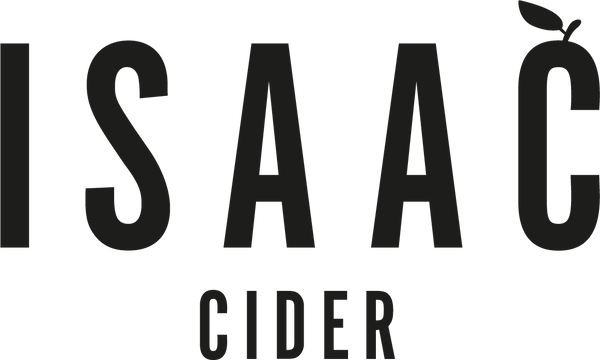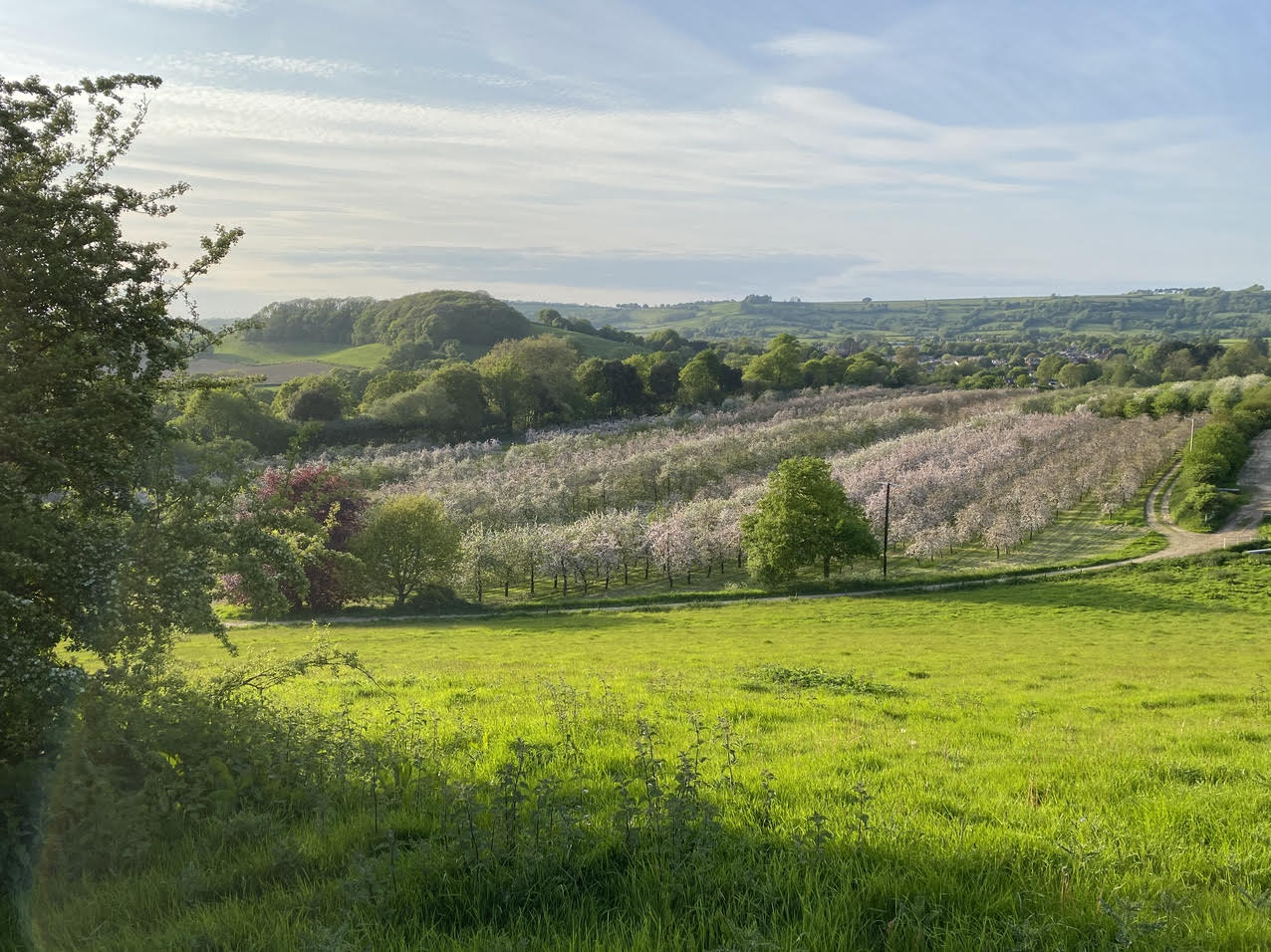The apples have now all been harvested, which means one thing: Christmas is coming.
As we shift gear into the season, it’s natural to expect a few corks will start popping and drinks flowing!
But, knowledge is power. Which is precisely why we thought it a good idea to gift you some cider science to help guide you in the tipple you tuck into this Christmas…
COR BLIMEY APPLES AND PEARS!
Cider is made from apples. Always. Not necessarily just cider apples, but cooking apples, straight-off-the-tree-eating apples or even wild crab apples.
Cider apples work best however because the tannins that make them almost inedible when plucked from the tree is what gives a good cider its rich and full bodied taste.
Perry meanwhile is made from pears. You can also get pear cider but that’s usually a blend of apple juice and pear juice.
At Isaac we’re all about apples. No pears.
TYPES OF CIDER
Cider comes in two forms: blend and single variety.
Like in wine single variety ciders are exactly as they sound – made from one variety of apple. This is done to celebrate and differentiate the taste between apple strains.
Blends on the other hand are for us non purists. The mongrel creation of concocting various apple juices together. With a blend, however, you can design ciders to your taste, using different mixes of apples to dull or intensify certain flavours.
At Issac our blends use a strong theme of Dabinbett apples – a bittersweet West Country apple. Mixed with a touch of Harry Master’s Jersey apples – interestingly not from Jersey, but instead first propagated in Somerset. As well as the Brown Snout apple – which is said to provide a butterscotch, banana twang to the cider’s body.
SWEET? MEDIUM? DRY? OH MY!!
This is where cider drinkers can get a bit worked up. But really it’s very simple. When you see sweet, medium, or dry on a cider bottle it’s just to do with added sugar.
Dry cider’s like Calculus have basically no added sugar. Whereas, Alchemy our medium cider has some, and Refraction our sweet has more. Easy.
INDUSTRIAL CIDER MAKING
Apples want to be cider. The skin of an apple is covered in tiny particles of yeast – the thing that turns apple juice into cider. So when early cider makers made and stored apple juice, cider is what they got.
However, apple juice is expensive and volatile to store. Modern industrial cider makers, those brands that you might see in the supermarket, ultra process their ciders in order to lower the cost of production. They do this is two key ways:
1) CHAPTALISATION:
Additional sugar is added to apple juice so that when it ferments it achieves an artificially high alcohol content. This super cider can then be watered down before bottling and sold at the desired proof.
2) CONCENTRATE:
Cider from concentrate is when apple juice is boiled until all the water contained within it has evaporated and you’re left with a thick tar-like paste. This sugary, syrupy sauce is completely stable and if left it would out-last all of humanity. When it comes to production, cider makers simply reconstitute this sauce with water to create an alcoholic, apple tasting water.
WHAT THE SCIENTISTS SAY
Hyper industrialised methods of cider production require huge amounts of added sugar, stabilisers, artificial flavourings and ‘fizz’ in order to create the product you see in the supermarket.
Big cider brands do this in the name of efficiency and stability.
Meanwhile, at Isaac Cider, things like efficiency are less interesting to us as instead we care more about quality and taste. We want everyone of our customers to walk away having had an amazing experience. To have had their tongue transported to another cosmic realm, and all the laws of physics of collide upon their tastebuds in a Big Bang of flavours.
The way we see it is sometimes the old ways are best. We use apples and blends that have been developed over hundreds of years in the very valleys in which we farm.
Whatever your preference, at least now you can head out into the world with a bit more insight into the fizzy, fun, science of cider.


